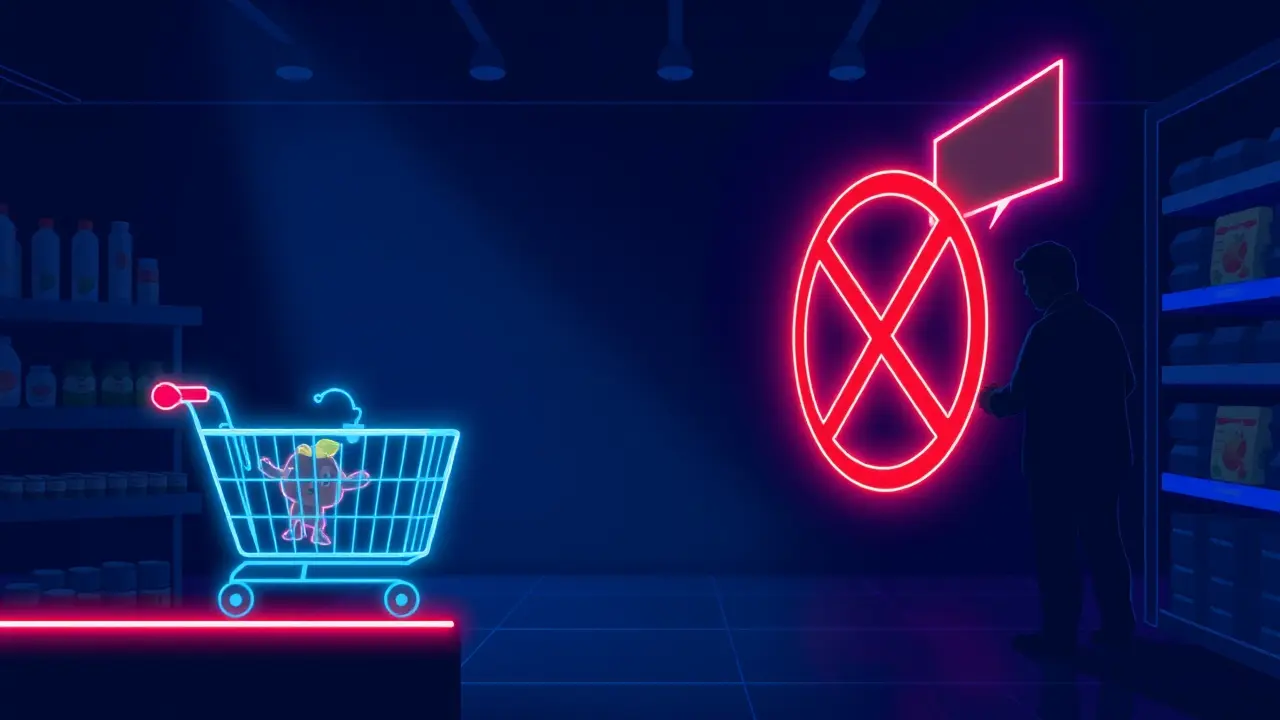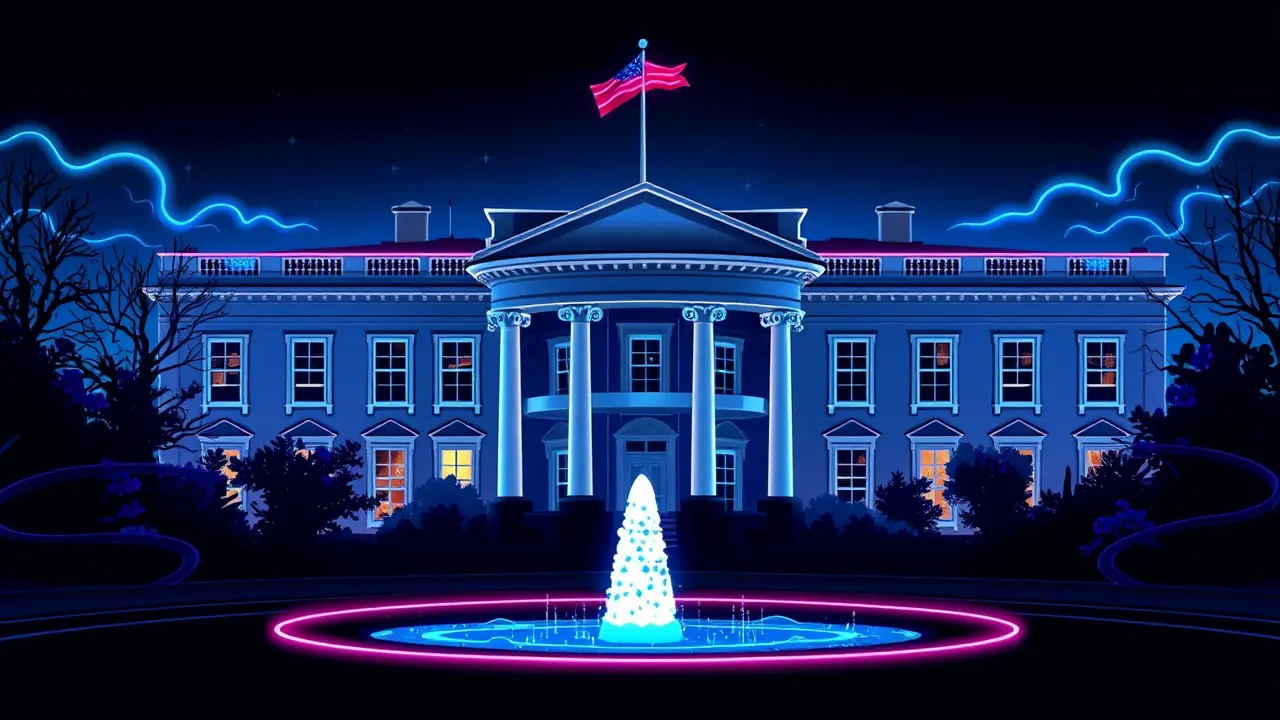
Politicsgovernments & cabinetsGovernment Formations
USDA Warns Retailers Against SNAP Discounts During Shutdown
RO
Robert Hayes
4 hours ago7 min read1 comments
In a move that has sent ripples through the nation's social safety net apparatus, the U. S.Department of Agriculture has issued a stark directive to retailers, formally prohibiting them from offering discounts to customers utilizing Supplemental Nutrition Assistance Program (SNAP) benefits during the ongoing government shutdown. This enforcement of the so-called 'equal treatment rule' presents a profound paradox, thrusting both millions of vulnerable Americans and the grocery stores seeking to aid them into an unprecedented regulatory limbo.The directive, confirmed by the USDA to Fast Company, explicitly reminds retailers that they 'must offer eligible foods at the same prices and on the same terms and conditions to SNAP-EBT customers as other customers. ' Historically, this regulation was conceived as a protective bulwark against discrimination, ensuring retailers could not charge SNAP recipients *more* for essential goods.Its current application, however, inverts its original intent, now being wielded to prevent stores from charging these same customers *less* at a moment of acute crisis, a tactical shift that echoes the kind of rigid bureaucratic adherence seen in historical administrative states, reminiscent of a distant, unyielding central authority. The irony is palpable and deeply concerning for policy analysts; while restaurants, food banks, and nonprofits scramble to fill the void left by benefits that have been halved for 41 million Americans, the federal apparatus is actively stifling a parallel channel of private sector assistance.This creates a schism between public need and federal policy that is difficult to reconcile. What makes this enforcement particularly confounding is its selective nature.Grocery stores routinely exercise their discretion to offer targeted discounts—senior citizen days being a prime example—without federal reproach. This establishes a precedent of permissible price differentiation that the USDA's latest action seems to arbitrarily ignore when applied to SNAP beneficiaries.The ambiguity surrounding penalties further complicates the landscape. While the USDA's March 2025 fraud notification letter outlines severe consequences for violations—including permanent removal from the program, monetary penalties, and criminal prosecution—it remains unclear how aggressively the department will pursue retailers offering humanitarian discounts during a shutdown it is itself experiencing.This uncertainty has a chilling effect, with reports from commentators like MSNBC's Catherine Rampell indicating that at least two retailers have already retracted promised discounts after receiving the USDA's notice. The situation highlights a critical tension within federal governance: the machine continues to issue mandates and threats even as its funding mechanism has seized, a phenomenon that calls to mind the enduring power of the administrative state even in times of political paralysis.A fascinating subplot emerges with major delivery services like DoorDash and Instacart, which had previously announced fee waivers and discounts for SNAP users. These companies appear to operate under a different set of rules, having secured blanket regulatory waivers from the USDA's Food and Nutrition Service (FNS) that specifically exempt them from this equal treatment requirement for their online SNAP pilot programs.This creates a two-tiered system where digital commerce platforms can extend a lifeline that brick-and-mortar stores are forbidden from offering, potentially accelerating the shift toward online grocery shopping while leaving traditional retailers, particularly small, locally-owned stores that had promised to help their communities, hamstrung. The broader implication is a test of the SNAP program's foundational principles during a failure of governance.Is the primary goal to maintain rigid procedural integrity, or is it to ensure food security for the nation's most vulnerable? The USDA's current stance prioritizes the former, enforcing a technical rule with a vigor that seems disconnected from the human crisis unfolding in its wake. This episode will undoubtedly become a case study in administrative law and social policy, forcing a re-examination of how rules designed for stability function—or dysfunction—during periods of systemic failure.
#USDA
#SNAP benefits
#government shutdown
#food assistance
#retailers
#discounts
#regulation
#featured
Stay Informed. Act Smarter.
Get weekly highlights, major headlines, and expert insights — then put your knowledge to work in our live prediction markets.
Related News
© 2025 Outpoll Service LTD. All rights reserved.








